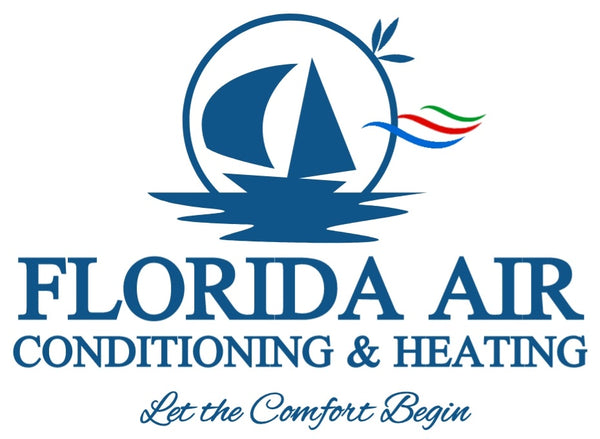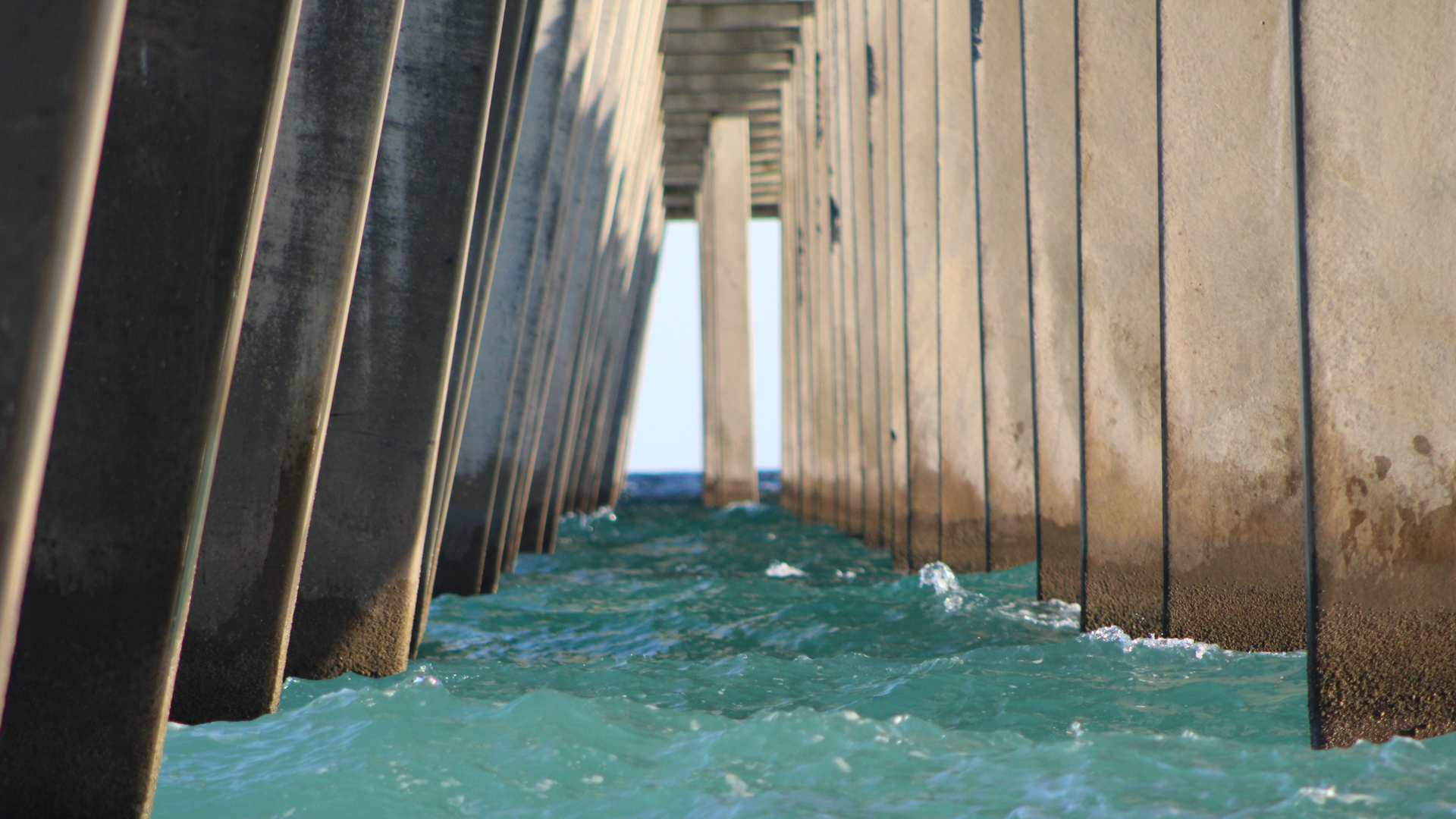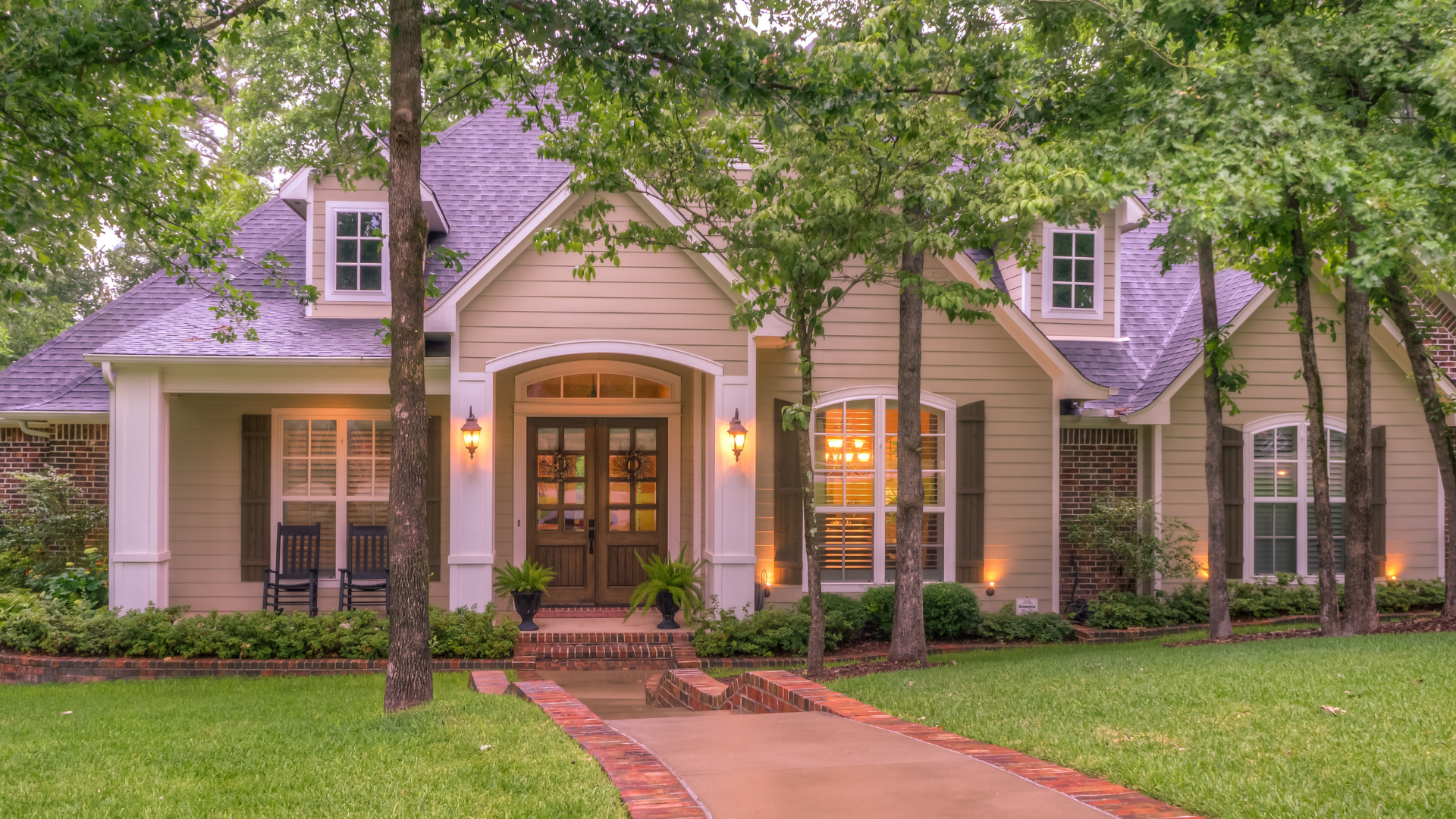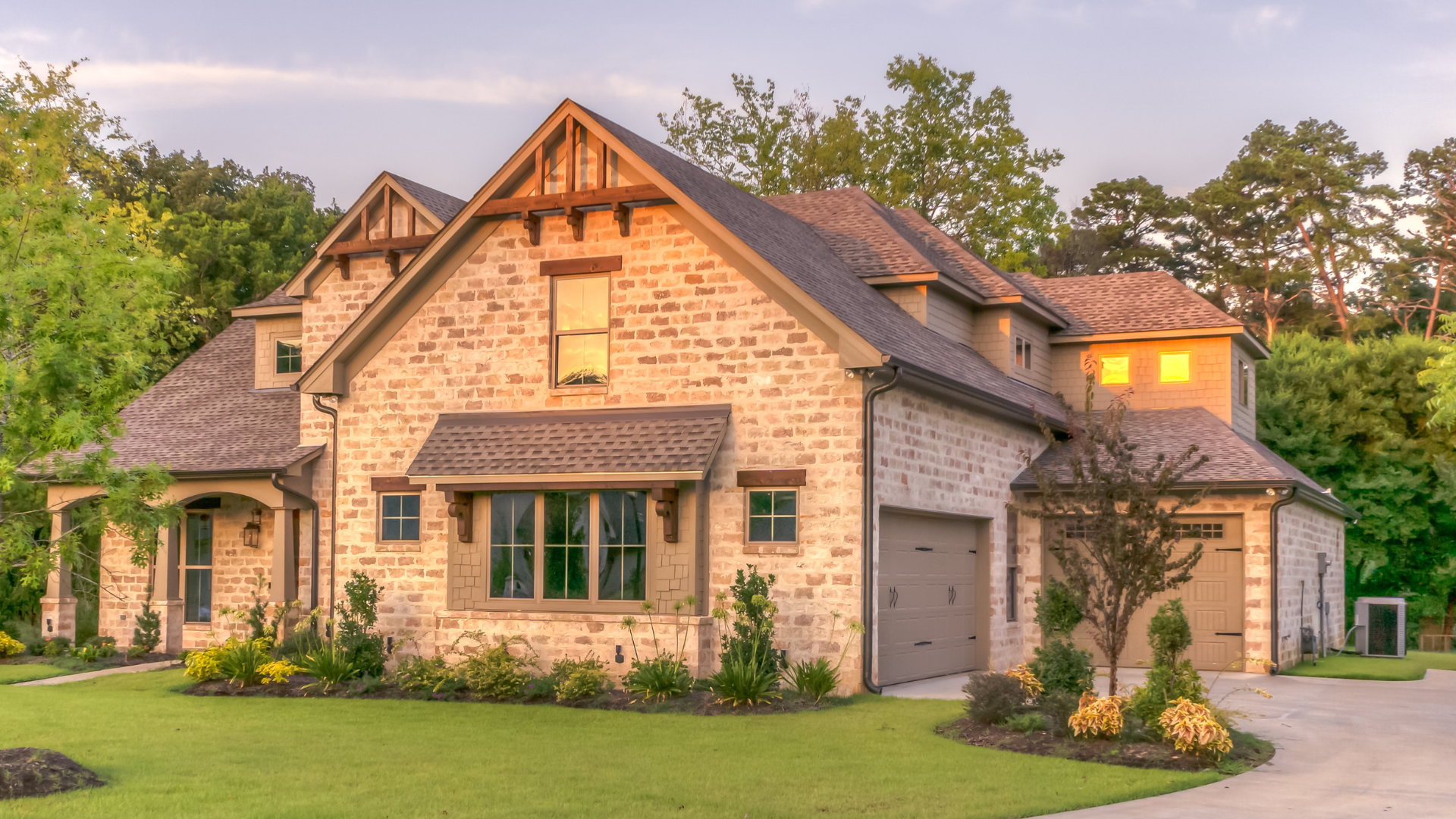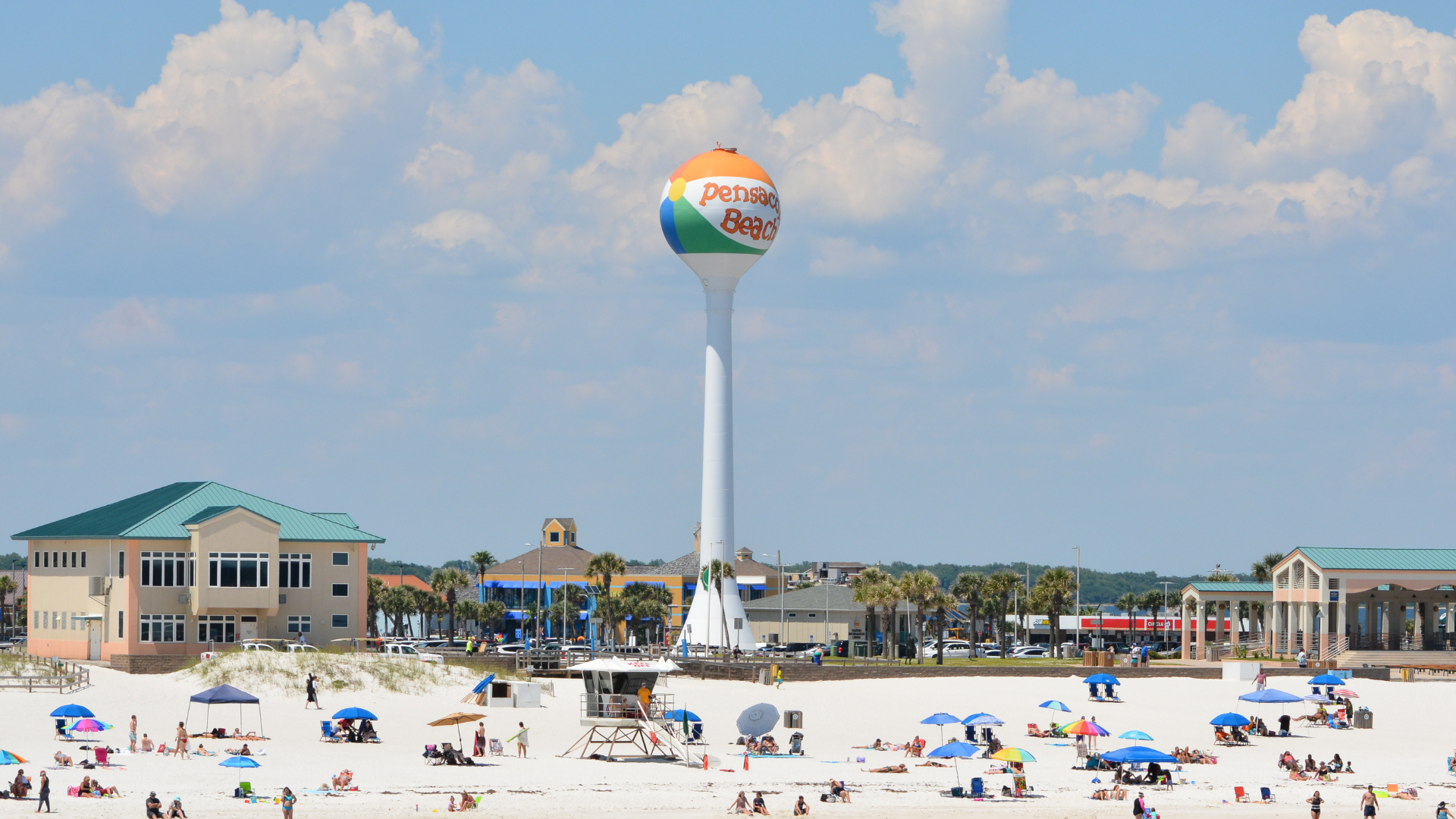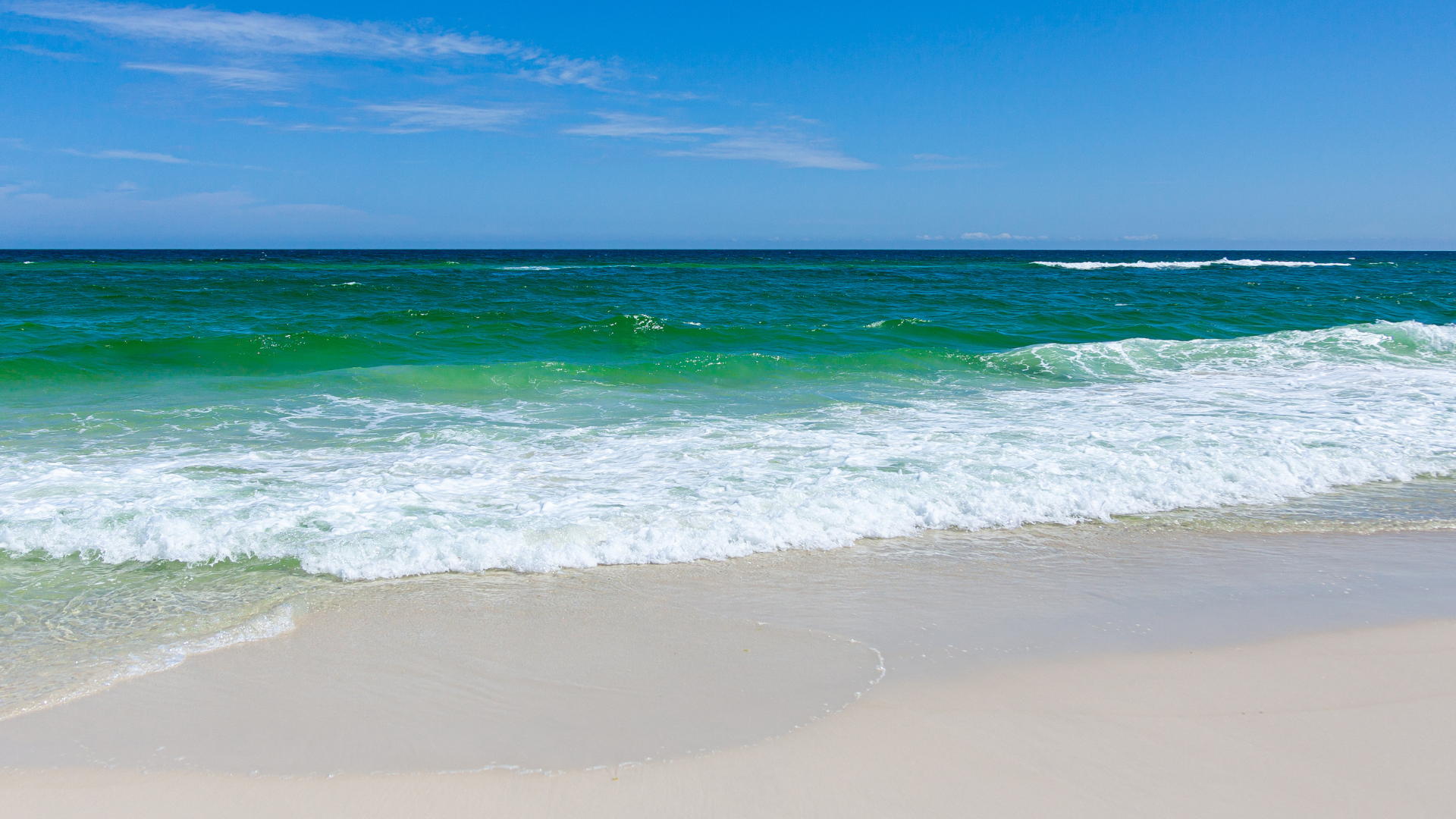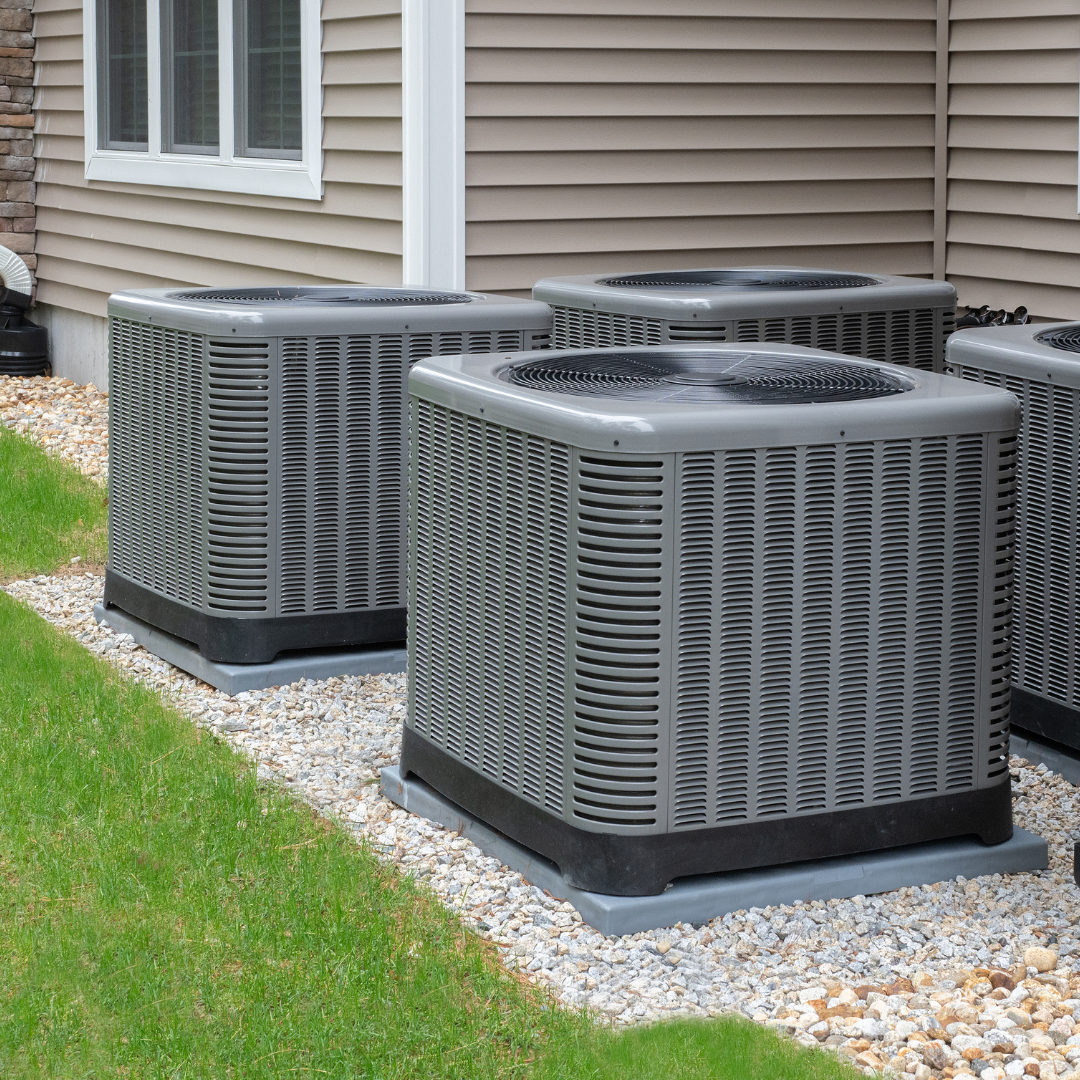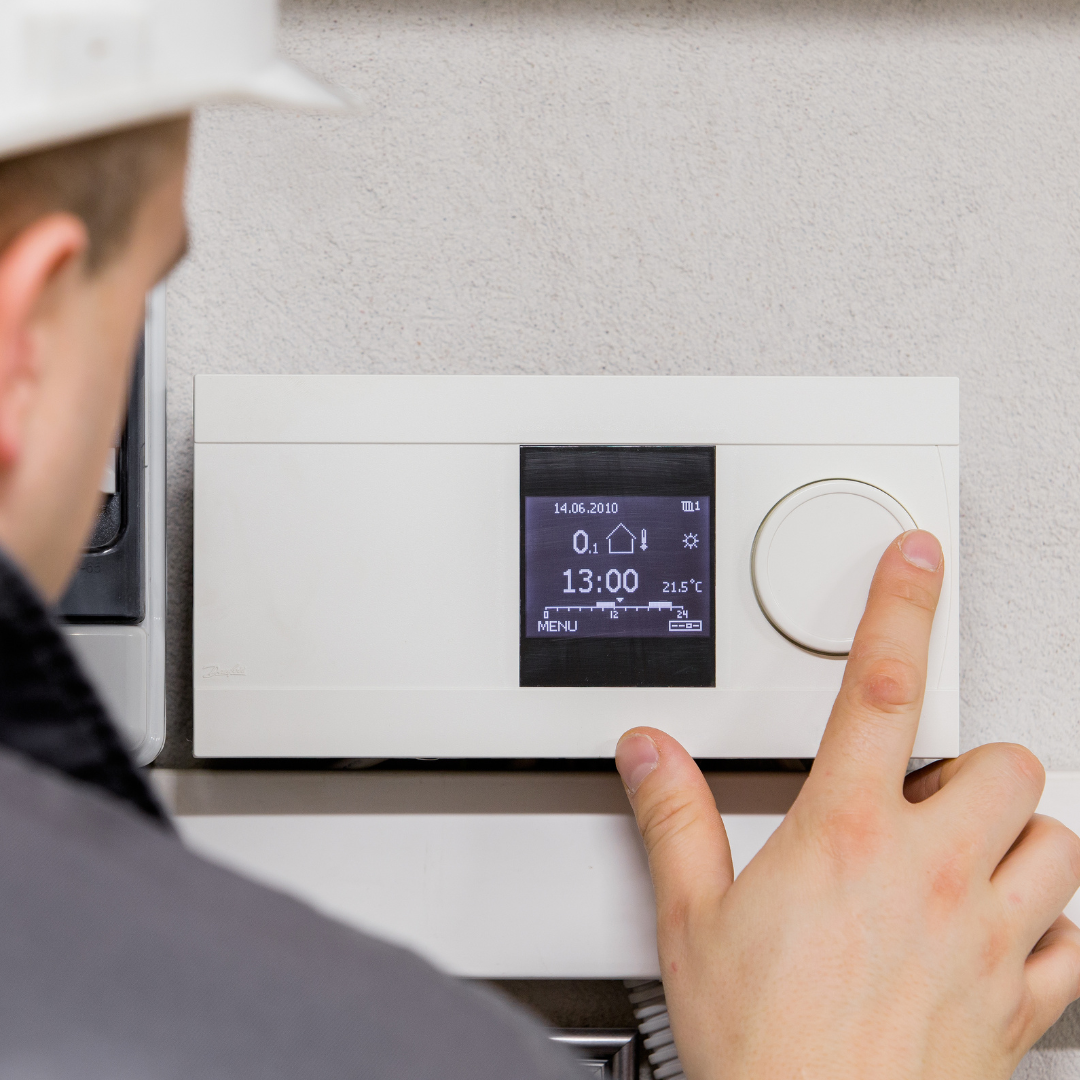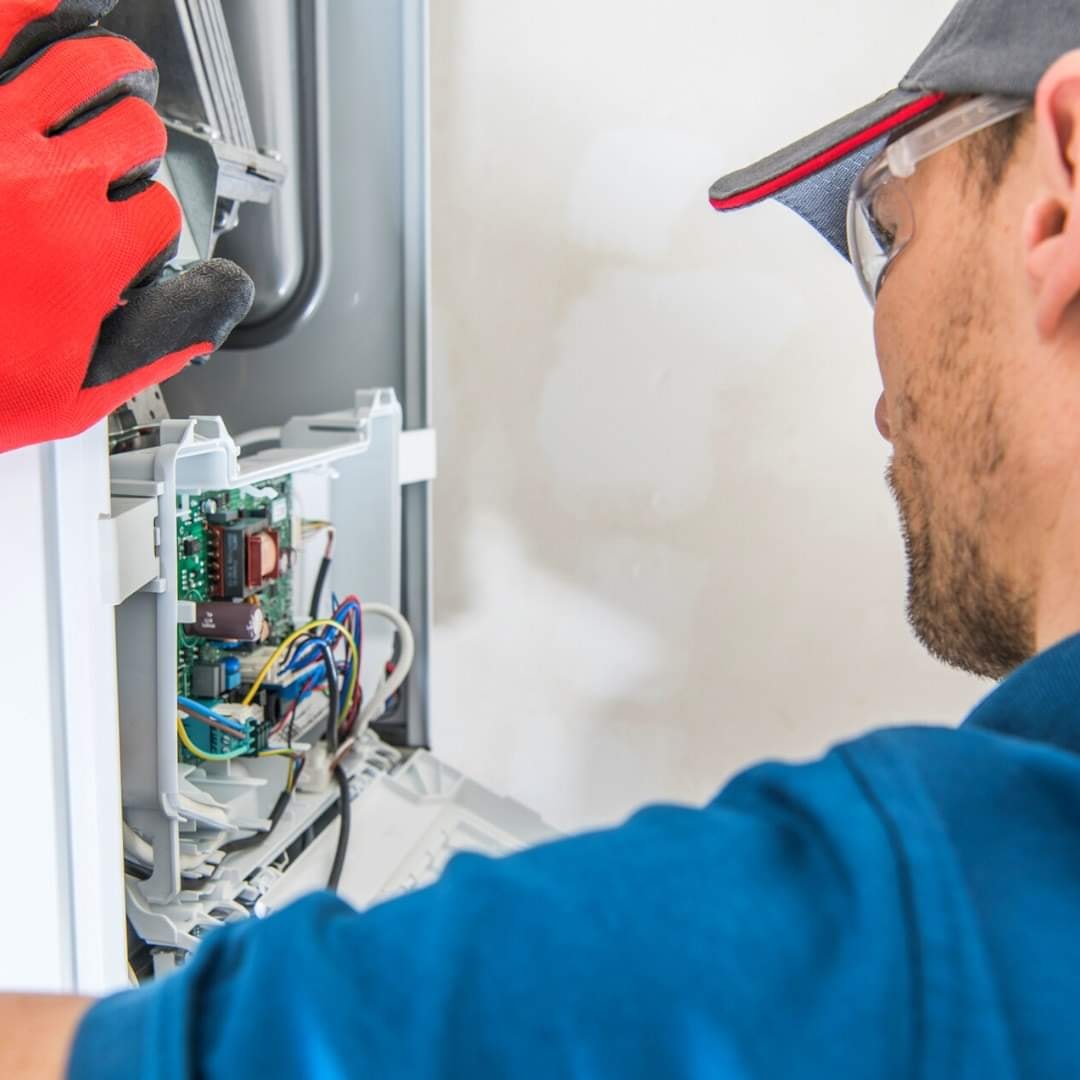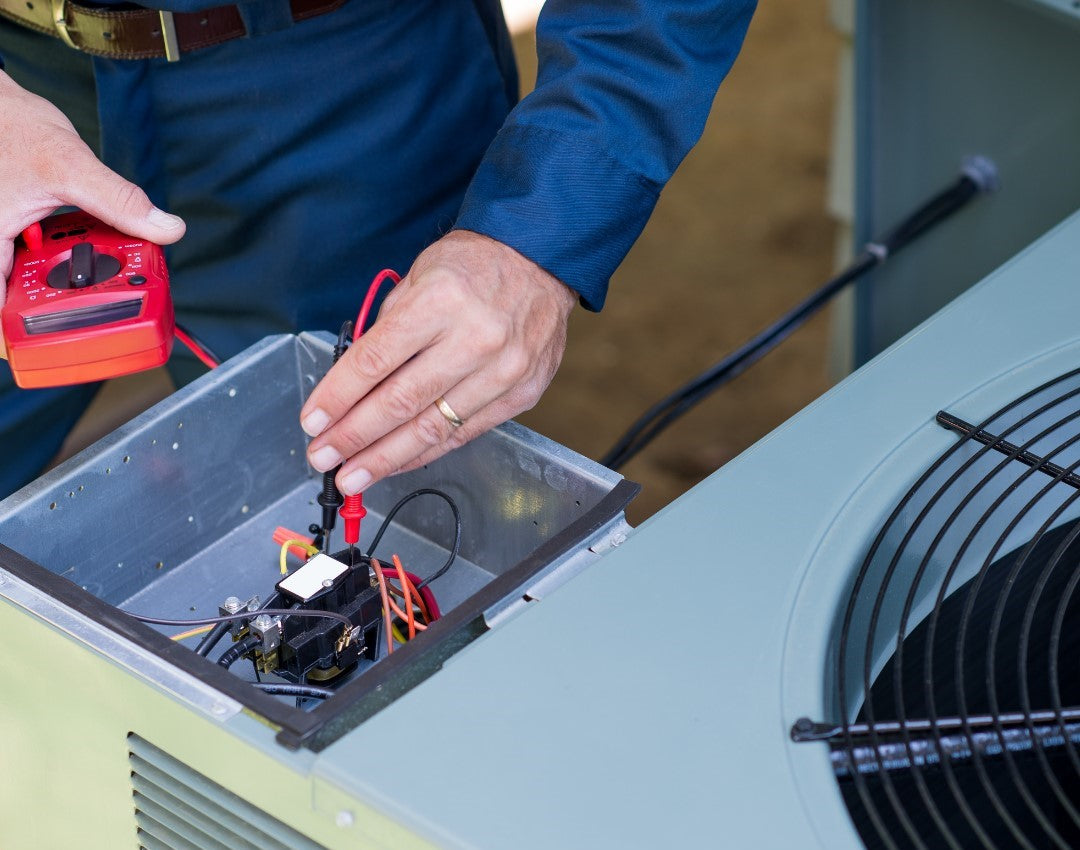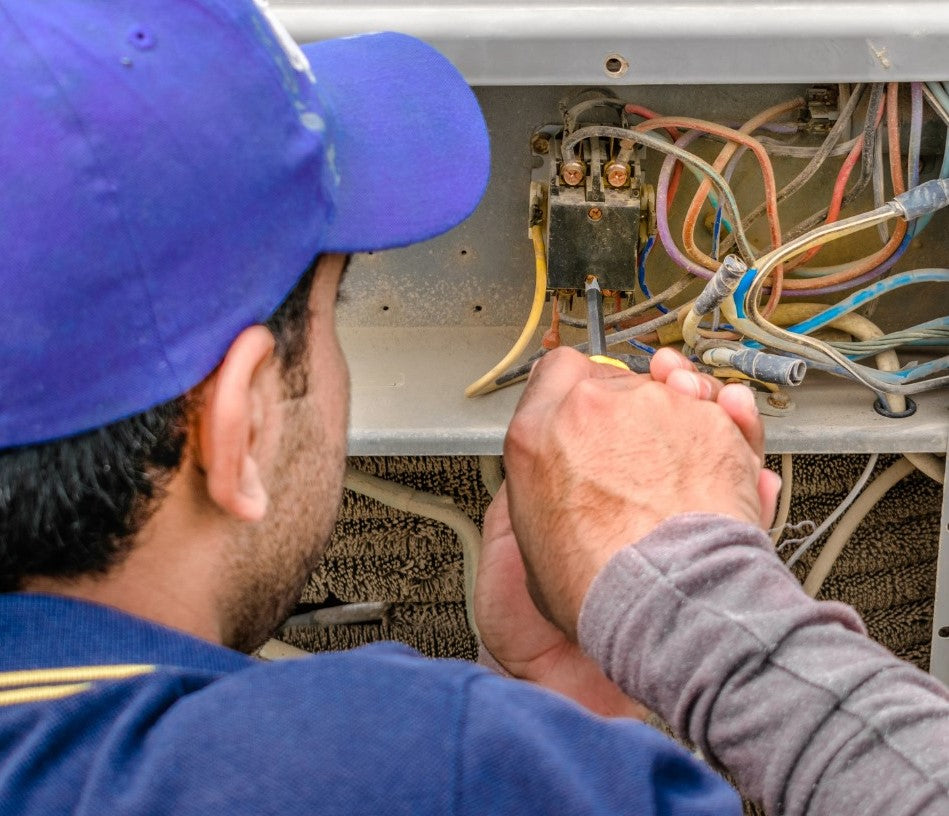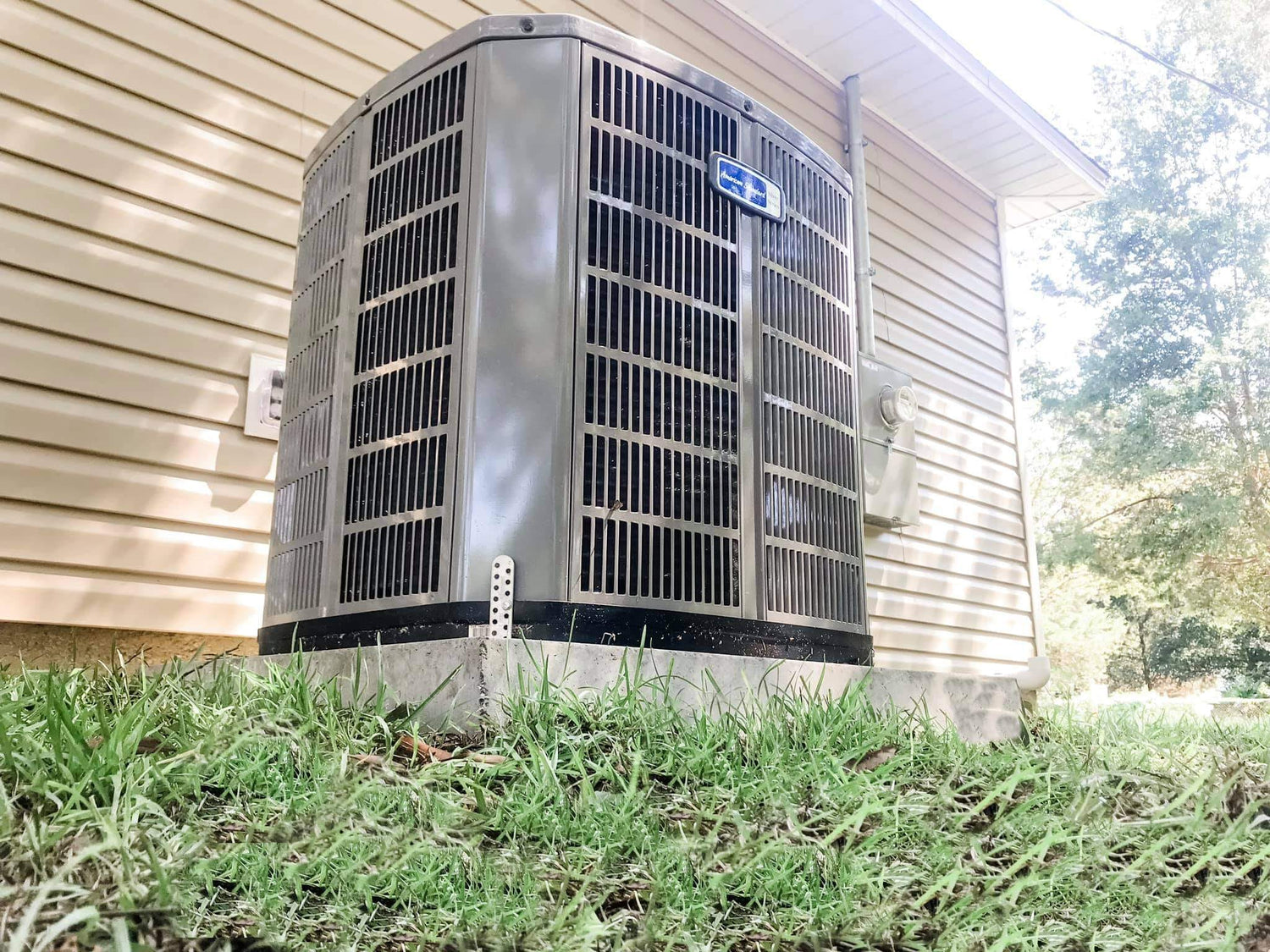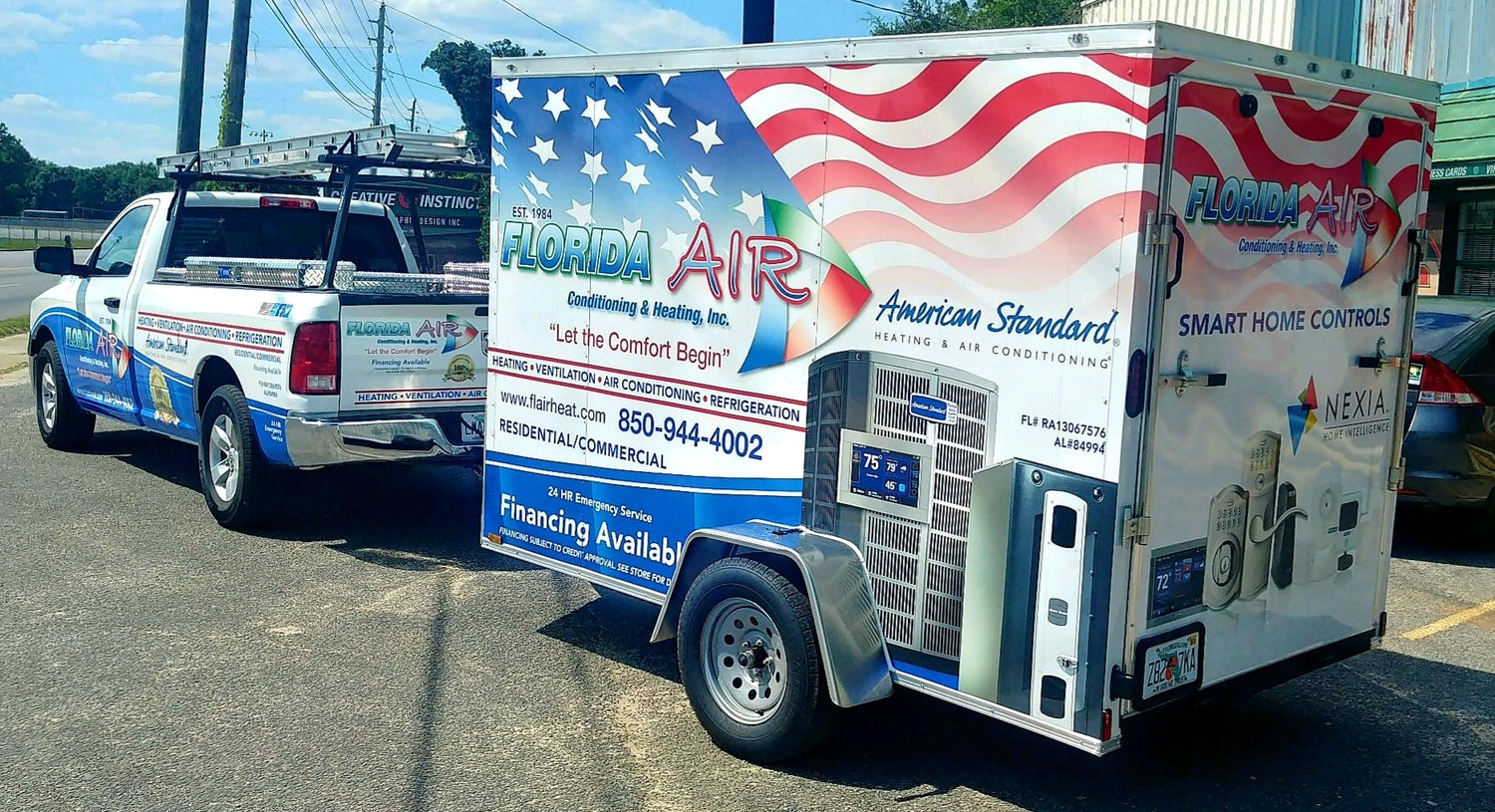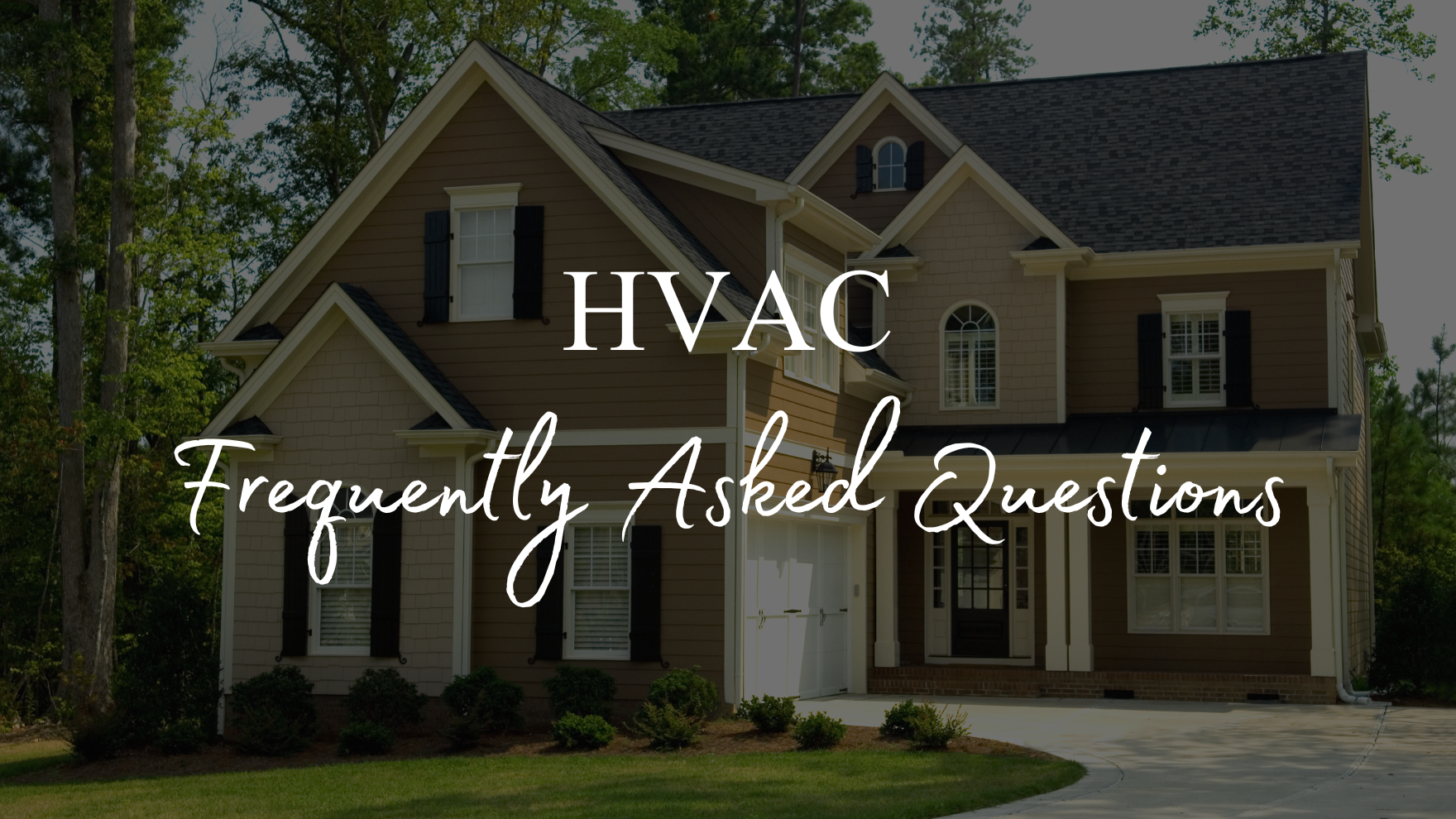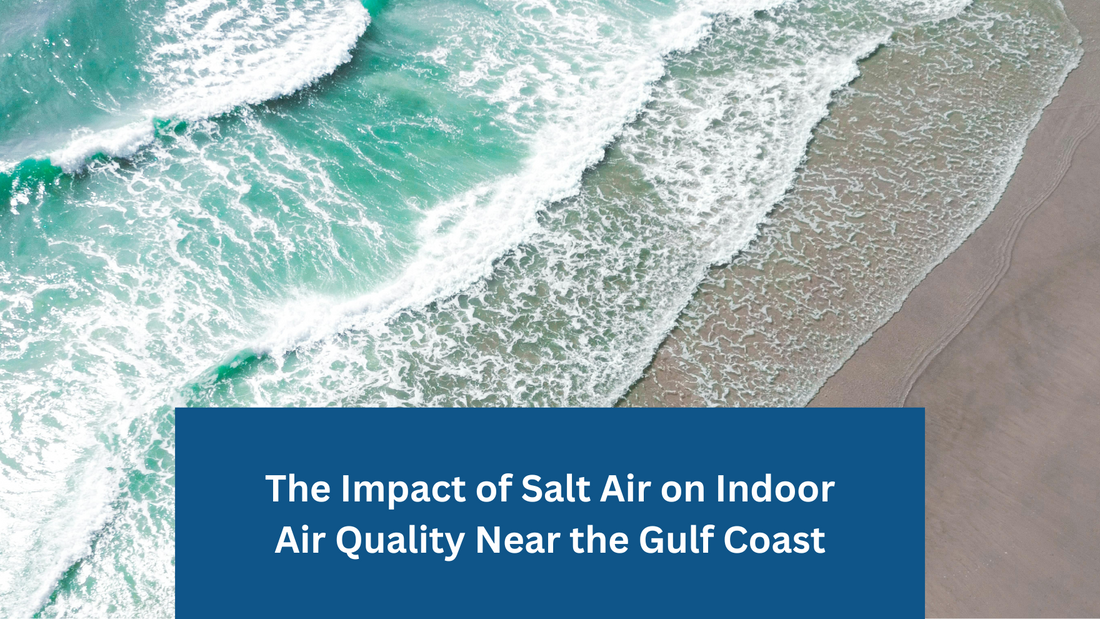
The Impact of Salt Air on Indoor Air Quality Near the Gulf Coast
Share
Living near the Gulf Coast has its perks — ocean views, sea breezes, and coastal charm. But those benefits come with a hidden challenge: salt air. While most homeowners know that salty air can corrode outdoor AC units, fewer realize it can also affect indoor air quality (IAQ).
If you live in Pensacola, Navarre, Milton, or anywhere along Florida’s Gulf Coast, here’s what you need to know about how salt air impacts your home’s air quality — and what you can do to protect your HVAC system and your family’s comfort.
How Salt Air Affects Indoor Air Quality
1. Increased Corrosion
Salt particles carried in the air can make their way into your HVAC system, corroding coils, ducts, and components. This reduces efficiency and can release particles into your indoor air.
2. Higher Humidity Levels
Salt air often comes with high humidity. Excess moisture indoors encourages mold, mildew, and dust mites — all of which harm IAQ.
3. Irritation for Sensitive Individuals
Salt particles and higher airborne contaminants can worsen symptoms for people with asthma, allergies, or respiratory conditions.
4. Shortened HVAC Lifespan
A system struggling against salt buildup and humidity works harder, wears down faster, and pushes more pollutants indoors.
How to Protect Indoor Air Quality from Salt Air
- Schedule regular HVAC maintenance. Professional cleaning of coils, ducts, and components helps prevent salt buildup.
- Use high-quality air filters. A filter rated MERV 8–13 captures finer particles, including salt residue.
- Consider UV lights or air purifiers. These can reduce mold and bacteria growth caused by humid, salty air.
- Seal ducts and windows. Prevent outside air leakage that brings salt particles inside.
- Control indoor humidity. Dehumidifiers or HVAC add-ons can keep humidity in the healthy range.
FAQs About Salt Air and Indoor Air Quality
FAQ: Does salt air really get inside my home?
Yes. Even with closed windows, salt particles can enter through duct leaks, door gaps, and your HVAC system’s outdoor components.
FAQ: Can salt air make my allergies worse?
It can. Salt particles, combined with higher humidity, create conditions for dust mites, mold, and airborne irritants to thrive indoors.
FAQ: How often should I service my HVAC if I live near the Gulf Coast?
At least twice a year. Coastal systems often need more frequent maintenance due to salt buildup and corrosion risks.
FAQ: What type of air filter works best for coastal homes?
A pleated filter with a MERV rating of 8–13 is recommended. Higher MERV filters capture smaller particles but should match your system’s specifications.
FAQ: Can an air purifier help with salt air indoors?
Yes. Whole-home air purifiers and UV lights reduce pollutants, mold, and bacteria linked to salty, humid environments.
FAQ: Does salt air shorten the life of HVAC systems?
Yes. Salt and humidity corrode metal components, reducing lifespan unless you stay on top of maintenance and protective measures.
Final Thoughts
Living near Florida’s Gulf Coast means salt air is unavoidable, but poor indoor air quality doesn’t have to be. By investing in regular HVAC maintenance, high-quality filters, and humidity control, you can keep your air clean and your system running efficiently.
At Florida Air Conditioning & Heating, we specialize in helping coastal homeowners protect their HVAC systems from salt air damage while improving indoor air quality. Call us today to schedule your next maintenance visit.
